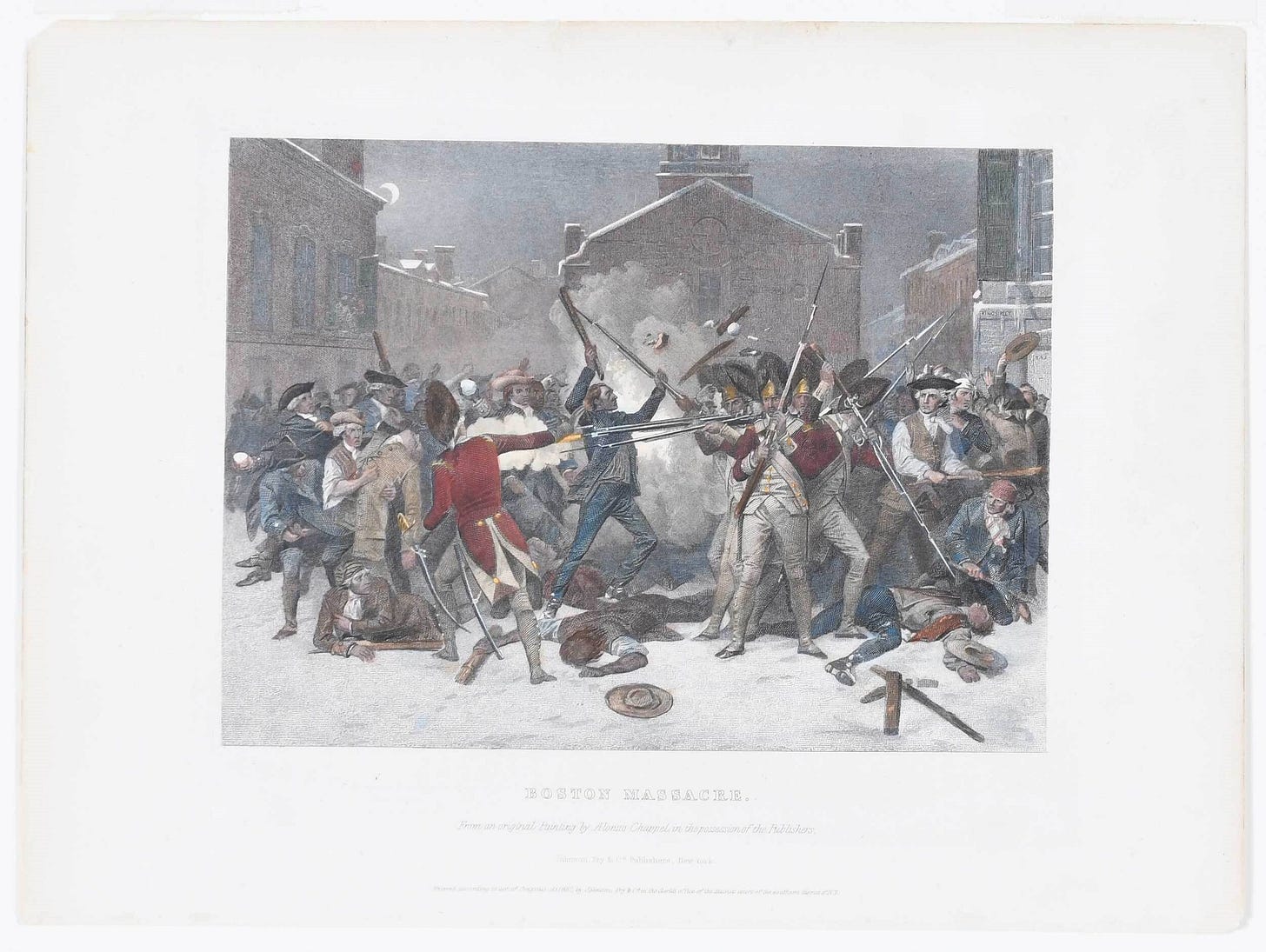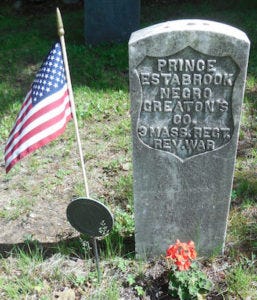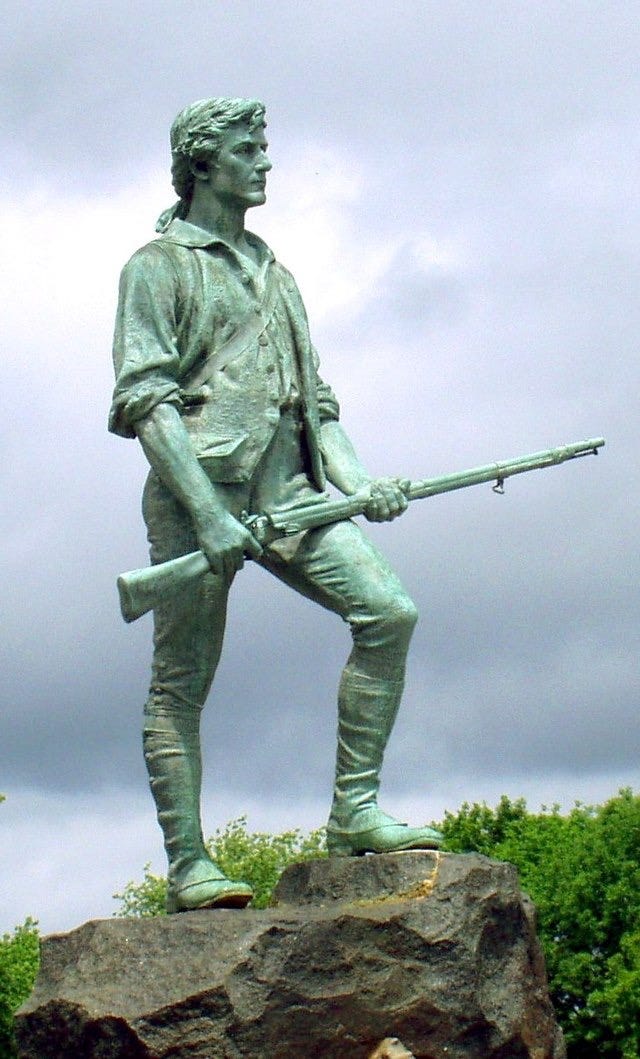Lexington Green – Where America Truly Took Its First Breath of Freedom
This was not just a historical skirmish but the point where America pushed forth from the confines of colonial rule into the light of independence
It is often celebrated that on July 4, 1776, in Philadelphia, Pennsylvania, our nation was born when the Founding Fathers signed the Declaration of Independence. However, this pivotal event in our history was not the true birth of America. Instead, the morning of April 19, 1775, 250 years ago in Lexington, MA, marks the actual moment America was truly born.
Just as conception sparks the beginning of life, the passage of the Stamp Act in 1765 and the subsequent Boston Tea Party in 1773 were the early stirrings of resistance by the colonists against British oppression and unrepresented taxation. These pivotal acts nurtured the development of America’s resolve for independence.
As with the growth of a baby, the Boston Massacre in 1770, represented a painful but critical phase of development where the young nation experienced the sharp pangs of conflict, highlighting the intensity of its booming spirit. This escalation in colonial unrest was like watching the first clear movements in the womb undeniable signs of the emerging life of a nation, striving toward birth.
Finally, the Battle of Lexington Green symbolized the actual birth moment, where after enduring the contractions of tyranny and struggle, the fledgling nation forcefully emerged, ready to breathe its first free breaths. This was not just a historical skirmish but the point where America pushed forth from the confines of colonial rule into the light of independence, taking its first steps as a new nation determined to claim its place in the world.
On that sacred morning, the men who made history were ordinary individuals that made an extraordinary sacrifice. Led by Captain John Parker, they were forewarned by Paul Revere during his courageous and famous midnight ride, which provided the essential intelligence that British regulars had been dispatched to Concord to seize the colonists' stored ammunition, arms, and artillery.
Captain Parker, who was a farmer with no military experience, assembled 70 militia men known as minutemen to confront over 700 well-armed and trained British Regulars who were tired and agitated from their night long march from Boston to Lexington. As Parker and his men stared down the overwhelming force in front of them, Parker famously told his men, “Stand your ground; don't fire unless fired upon, but if they mean to have a war, let it begin here.”
A single shot was fired and to this day nobody knows where or from whom, the famous shot heard round the world. A volley of musket fire hailed down on the minutemen as many of them had their backs turned retiring off the green.
When the smoke cleared, the 70 minutemen became the first casualties of the Revolutionary War—eight killed, ten wounded, and the first veterans. Among the minutemen wounded was Prince Estabrook, a Black man who was enslaved.
Even though it was a tactical victory for the British at Lexington, their fortunes changed rapidly. News of the massacre on Lexington Green spread like wildfire, further inflaming the passions of the colonial militia. Heeding Paul Revere’s earlier alarm, thousands of militiamen were already en route to Concord, ready to confront the British forces at Concord Bridge, where the British were confronted and routed by the colonial militia, resulting in casualties on both sides. The retreat from Concord Bridge led to the British retreating to Boston along what is known as the Battle Road, where they were continuously ambushed in guerrilla-style warfare by the colonists, sustaining heavy losses.
Despite suffering substantial losses on the green early that morning, Captain John Parker not only convinced but also rallied his men to rejoin the fight against the British. They ambushed the British troops during their retreat in an engagement known as Parker's Revenge, killing several British soldiers while two of his own men made the ultimate sacrifice.
The American story is one of overcoming tremendous odds, a true comeback story. The minutemen of Captain John Parker's company on Lexington Green on April 19, 1775, embody this tale. Rather than backing down in the face of adversity, they stood up; instead of quitting after defeat, they returned to the fight and won, giving us the greatest nation in human history, the United States of America.






